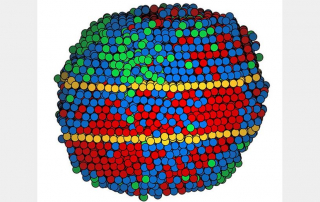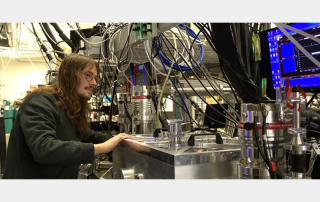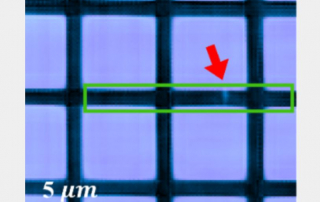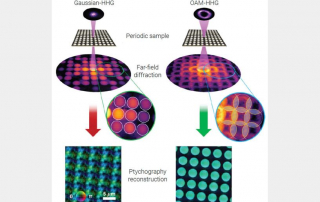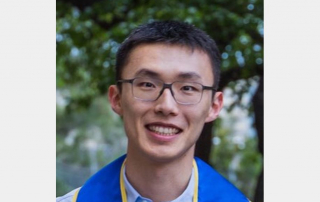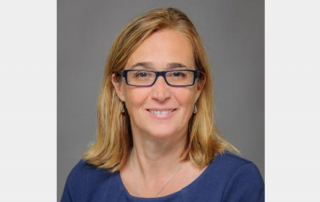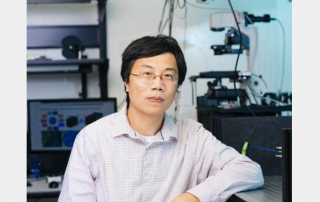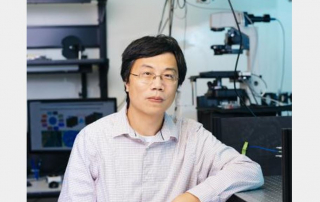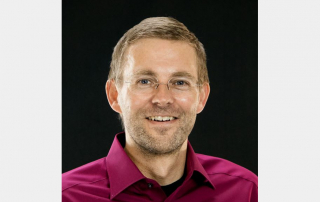3D atomic details of next-generation alloys revealed for first time
Alloys, which are materials such as steel that are made by combining two or more metallic elements, are among the underpinnings of contemporary life. They are essential for buildings, transportation, appliances and tools — including, very likely, the device you are using to read this story. In applying alloys, engineers have faced an age-old trade-off common in most materials: Alloys that are hard tend to be brittle and break under strain, while those that are flexible under strain tend to dent easily.
Possibilities for sidestepping that trade-off arose about 20 years ago, when researchers first developed medium- and high-entropy alloys, stable materials that combine hardness and flexibility in a way in which conventional alloys do not. (The “entropy” in the name indicates how disorderly the mixture of the elements in the alloys is.)
